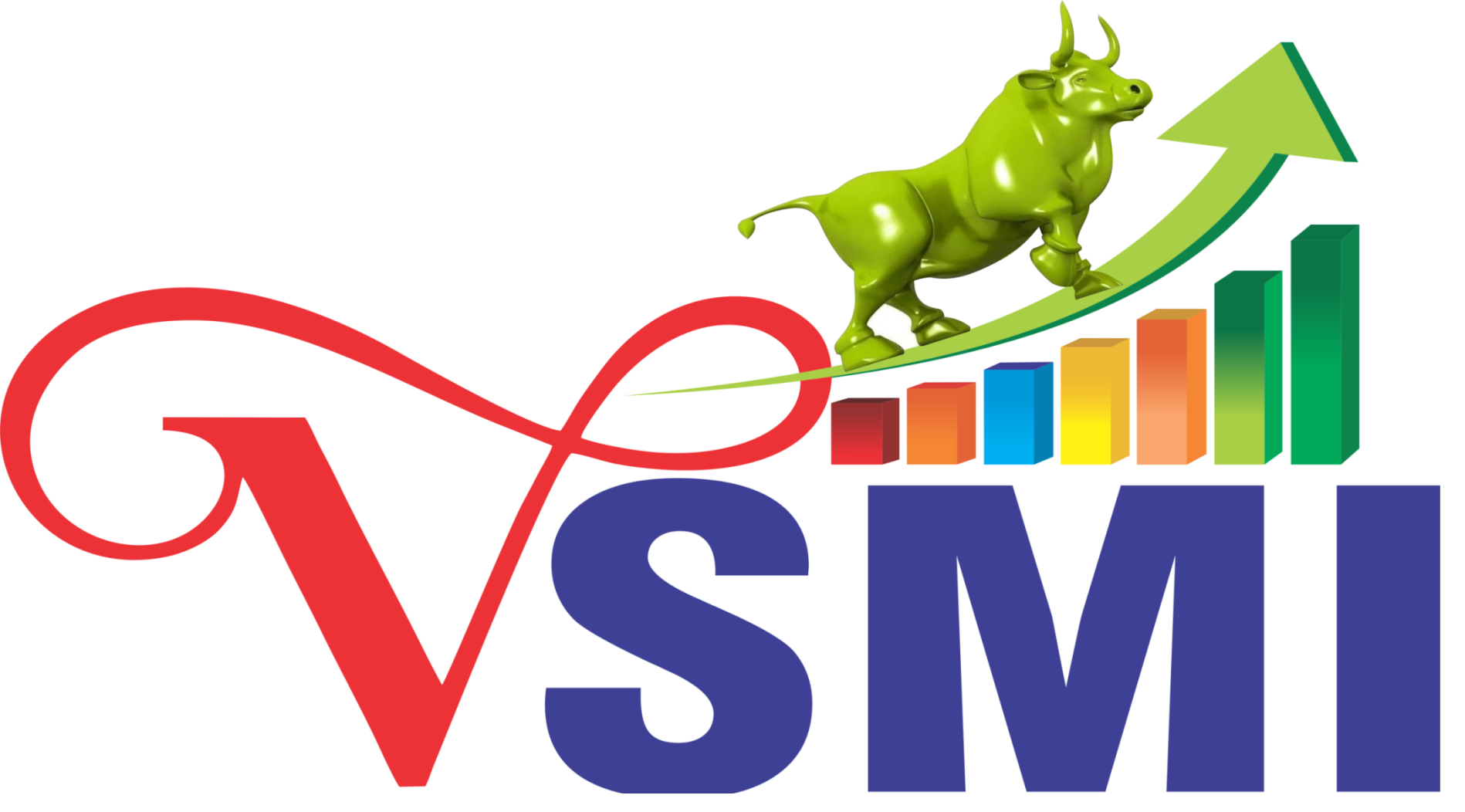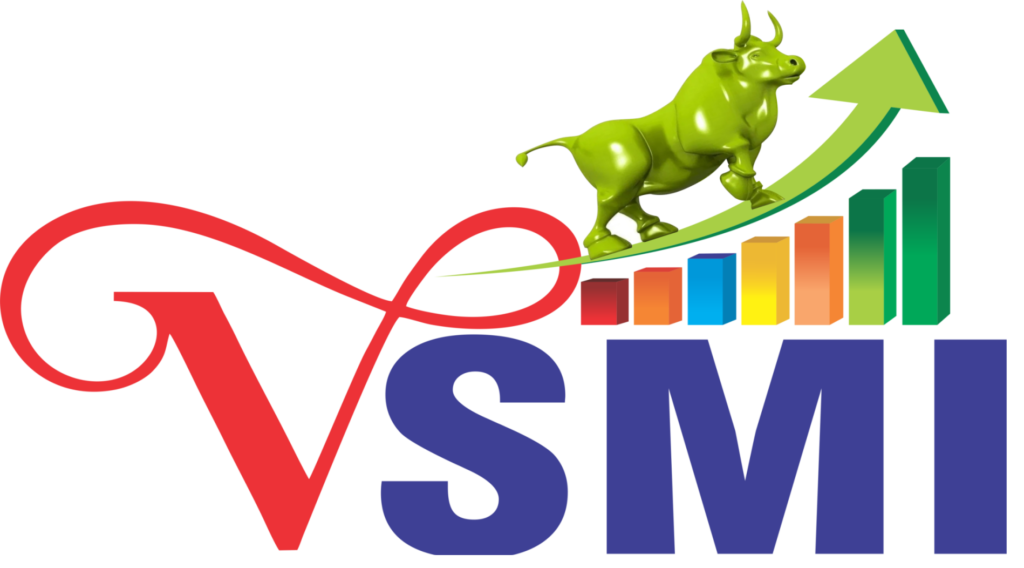- Gurugram, Haryana
- Info@vsmiinstitute.com
- Home
- About Us
- Courses
- ADFM (Advance Diploma in financial marketing)
- Diploma in stock market and risk management
- CFMT (Certification in financial market trader)
Job Oriented Programs diploama courses
Trading and Investment , Professional courses
ADVANCE RESEARCH & INVESTOR COURSES
- Certifications
- Testimonials
- Contact

Derivative Market Module - NISM CERTIFICATION
NISM Derivative Market (NSE) Dealer Module Certification & Exam Preparation by DIPE INSTITUTE Leading Stock Market Institute For Financial Market Courses in Delhi NCR. Derivative Market dealer module, a one-month program for aspirants wish to master Derivative Market operations. This module is starting level of stock market courses for job. The program offers powerful insight into various tools and techniques need to understand ca Derivative Market size, structure, and functions. Accelerate your career as a Derivative Market dealer to get a job in National Stock Exchange (NSE).
NISM Derivative Market module is one of the most important programs of the National Stock Exchange (NSE). It is a must-do module to get a job in Stock Broking Company. Aspirants planning to start their own stock broking business can also enroll for this short-term course. Besides, who wants to add value to resume when applying for jobs in the financial sector/ IT/ BPO.
Unique Features of Derivative Market Module
The NSE / NISM Derivative Market course prepares students to attain a position in the Derivative Market as an analyst or strategist. Derivative Market is one of the hottest professions. The demand for Derivative Market analyst will rise to 22% by 2020. DIPE Institute Derivative Market Module gives a foundational knowledge of Derivative Market instruments, fundamental valuation, major exchange, legal framework, and more.
What Student Will Get?
Upon completion of the Derivative Market module, students will receive a certificate from DIPE and from NISM. The certificate will testify your skills as an expert in the Derivative Market. You will also receive the following:
- NSE Derivative Market Certification
- NISM Derivative Market Certification
- DIPE CERTIFICATION – Certification of Derivative Market Course
# NCFM Certificates are subjected to appearance for the exam at the NSE Center. You will get 100% preparation at the branch.
DETAILED CURRICULUM
Module 1: Derivatives Market Introduction and Fundamentals
- What is Derivatives Market?
- What Are the Types of Derivatives
- Derivatives and Equity Market
- Evolution of Derivatives Market
- Indian Derivatives Market
- Significance of Derivatives
- Risk in Derivatives Market
Module 2: Quantitative Fundamentals
- What is Beta?
- What is R-Square?
- How to do continuous compounding?
- What is a normal distribution?
- What is share prices lognormal distribution?
Module 3: Derivatives Market Volatility
- Historical Volatility (?)
- ARCH Model
- Exponentially Weighted Moving Average (EWMA)
- GARCH Model
- Implied Volatility
Module 4: Introduction to Forwards
- Contracts
- Selection Criteria
- Stock Selection Criteria
- Criteria for Continued Eligibility of Stock
- Criteria for Re-inclusion of Excluded Stocks
- Index Selection Criteria
- Price Steps and Price Bands for Contracts
- Quantity Freeze for Futures Contracts
- Novation
- Margins Daily Mark-to-Market Settlement
- Final Settlement
- Cost of Carry
- Determining Stock Futures Price (without Dividend)
- Determining Stock Futures Price (with Dividend)
- Determining Index Futures Price (without Dividend)
- Determining Index Futures Price (with Dividend)
- Cash & Carry Arbitrage
- Reverse Cash & Carry Arbitrage
- Convergence of Spot & Futures
- Contango & Backwardation
- Cost of Carry – Commodities
Module 5: Understanding Index
- Introduction to Index
- Significance and economic purpose of Index
- Types of Indices
- Attributes of an Index and concept of impact cost
- Index management
- Major Indices in India
- Applications of Index
Module 6: Introduction to Options and Trading Stratgies
- Basics of options
- Payoff Charts for Options
- Basics of options pricing and option Greeks
- Fundamentals of options pricing
- Overview of Binomial and Black-Scholes option pricing models
- Basics of Option Greeks
- Uses of Options
- Option spreads and their payoff charts
- Straddle: market view and payoff charts
- Strangle: market view and payoff charts
- Covered Call: market view and payoff charts
- Protective Put: market view and payoff charts
- Collar: market view and payoff charts
- Butterfly spread: market view and payoff charts
Module 7: Introduction to Clearing and Settlement system
- Clearing Members, their role and eligibility norms
- Clearing Mechanism and computation of open positions
- Settlement Mechanism for stock and index futures and options
- Understanding margining and mark to market under SPAN
- Risk Management features and position limits
Module 8: Regulatory Frame Work
- Objective of Regulation
- Regulation of Exchanges
- Eligibility for derivative trading
- Regulatory control on contracts
- Risk Management at Clearing
- Different aspects of risks
- Market Manipulation
Module 9: Accounting of Derivatives
- Accounting of Futures and Options contracts
- Taxation of Derivative transaction in securities
Who Can Take Derivative Market Module?
Aspirants who complete the Derivative Market course will develop a skill that helps you land your dream job in the primary and secondary market. Jobs that are ideal for Derivative Market professionals include:
- Derivative Market beginners can take the course to build a lucrative career in financial services.
- Teachers, investors, and anybody interest to work in Indian stock market operations can join the Derivative Market module to enhance learning.
- Stock brokers, sub-brokers, and stock analyst those looking to open new career opportunities can take the course.
- BPO / ITES professionals who want to design and implement mathematical models for fundamental valuation of securities.
Career Opportunity
After completing Derivative Market module one can pursue his/her career in Indian and International broking houses, Banks, Asset Management Company, Hedge funds, PE funds, NBFC, KPO’s and credit rating Agency on various positions and in different departments.
You can become Equity Analyst & Stock Analyst and you become fit for various other posts in various other verticals depending on your overall Qualifications
Admission Criteria and Eligibility:
- The candidate should Minimum 12th (Senior Secondary) pass from any reorganization Board/institutions. We always recommend the candidate should pass at least bachelor degree so that it will be the bit easier to provide placements. Graduate students get job placement on the direct payroll in big companies, and 12th students will get placement in small companies or in sub-brokers office.
- *placement guarantee refers to (After getting NISM and NISM Certification of all 10 modules covered in adv. diploma course).
- All original documents-10th,12th graduation, other professional degree certification and mark sheets must be submitted as a self-attested copy/copies at the branch at the time of admission and originals must be shown to the center In Charge, failing which admission may be cancelled.
- 95% attendance is must during the program in each module opted by the student.
- Remarks /Recommendation of faculty and center Head will be taken in the record after each class.
- Your certification depends on your Attendance, class assessment, projects, internal exams, NSE exams, Practical classes, Projects and Viva.
- The decision of Center in Charge and center Head will be final.
Enquiry Now
Gurugram Branch Office
Fees and Duration
Registration Fees
Rs 1600 /-
Program Fee – Rs 8000/-
Program Duration 1 month Plus GST
Note: Examination fee of NSE & SEBI certification is extra as per of NSE Guidelines.
NSE/ NCFM/ NISM/ SEBI CERTIFICATIONS






Our Preferred Employer















Subscribe for updates.
Subscribe Our Newsletter for Daily Market Updates
Job Oriented Programs diploama courses
Trading and Investment , Professional courses
NSE/NCFM/NISM CERTIFICATION COURSES
- Capital Market Module - NCFM CERTIFICATION
- Derivative Market Module - NISM CERTIFICATION
- Commodity Market Module - NCFM CERTIFICATION
- Currency Market Module - NISM CERTIFICATION
ADVANCE RESEARCH & INVESTOR COURSES
- Diploma in Research Analyst
- Investment Advisory XA NISM Certification
- Research Analyst SEBI, NISM XV Series
- Investment Analysis and Portfolio Management

